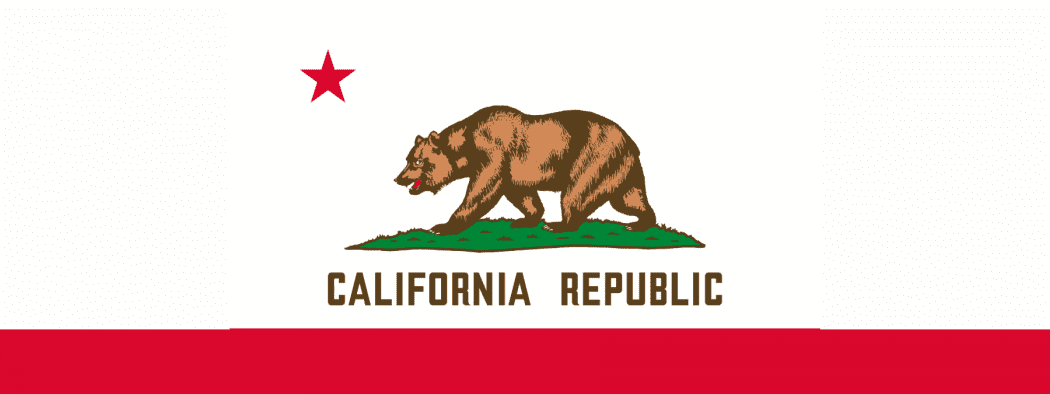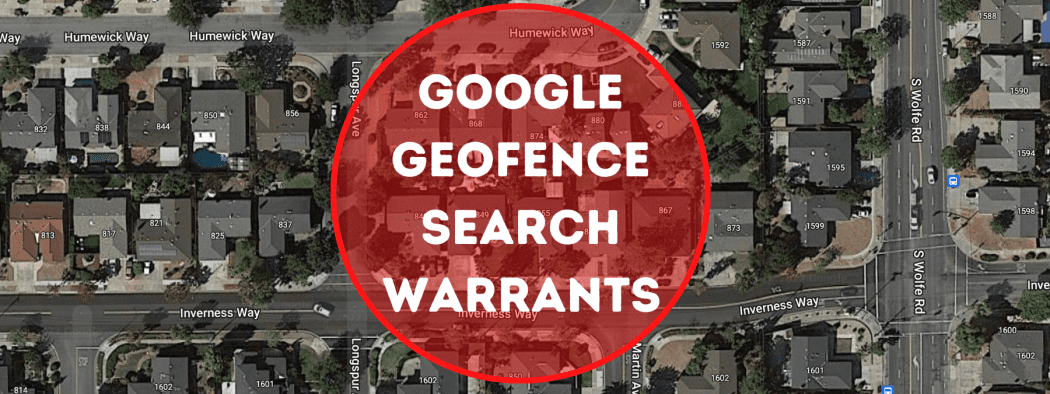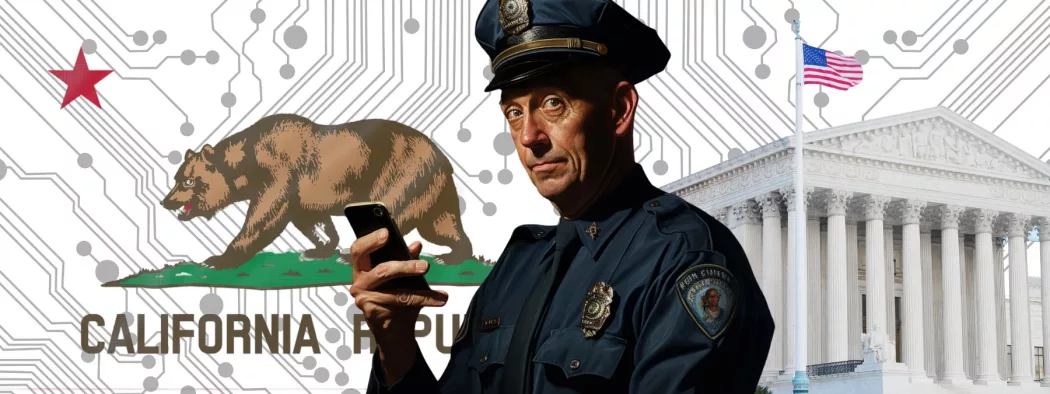The REPORT Act modernizes how online service providers report child sexual exploitation to the National Center for Missing and Exploited Children (NCMEC) and the length of time that Electronic Service Providers are …
A Warrant Without a Reason
Acosta commits murder + Acosta has phone = probable cause to search phone; right? This case analysis explores the digital evidence search warrant issues and Acosta’s appeal to overturn his conviction. …
AB 793 – The End of Reverse Keyword & Geofence Search Warrants
California AB 793 aims to prohibit law enforcement from seeking, enforcing, assisting, or supporting reverse keyword and geofence search warrants in California or any other state. In short, AB 793 kills geofence warrants.
The curious case of curtilage.
United States v. Banks (7th Cir. 2023) emphasizes the importance of securing a warrant when conducting a search, even if there is reasonable suspicion to believe that a crime is being committed. The case involved a police officer seeing a convicted felon with a gun in a Snapchat post and subsequently going to his house without a warrant. After a struggle, the officers found a loaded gun and ammunition on Banks. Banks argued that the officers’ intrusion on his porch without a warrant was unlawful, and although his initial motion was denied, it was later overturned on appeal. The court reiterated that a person’s home is entitled to a high degree of protection under the Fourth Amendment, and the front porch of a residence is generally considered part of the curtilage that requires a warrant, consent, or some other Fourth Amendment exception. The case serves as a reminder that Fourth Amendment protections apply not only to a person’s home but also to the curtilage surrounding it, including the front porch, and that a simple search warrant could have easily avoided the suppression of evidence.
California AB 1242: Search Warrant Abortion Attestation
On September 27, 2022 the California State Governor passed AB 1242 into law, effective immediately. The California law impacts search warrants, pen register, trap & trace, and wire tap in all 50 states. Simply put, electronic service providers based in California are prohibited from complying with legal process if the investigation involves abortion.
Search warrants, regardless what State they are written in, must include an attestation that the evidence sought is not related to a prohibited violation regardless of what State they are issued from.
Writing Google Geofence Search Warrants
The Google geofence is the criminal investigative technique that many consider a “magic pill” for their cases. It has the unique ability to identify unknown suspects, but it has limitations. …
California Electronic Communications Privacy Act: CalECPA Mandates.
The California Electronic Communications Privacy Act (CalECPA) is a comprehensive privacy law that protects citizens and guides law enforcement towards judicial oversight. Introduced in 2012, CalECPA covers communication, data stored within electronic devices, and a person’s location. It ensures that individuals are notified when their online records, such as social media accounts, are targeted by search warrants. CalECPA emphasizes search warrants as the preferred method for collecting digital evidence, with judicial review serving as a safeguard for citizens’ privacy.







